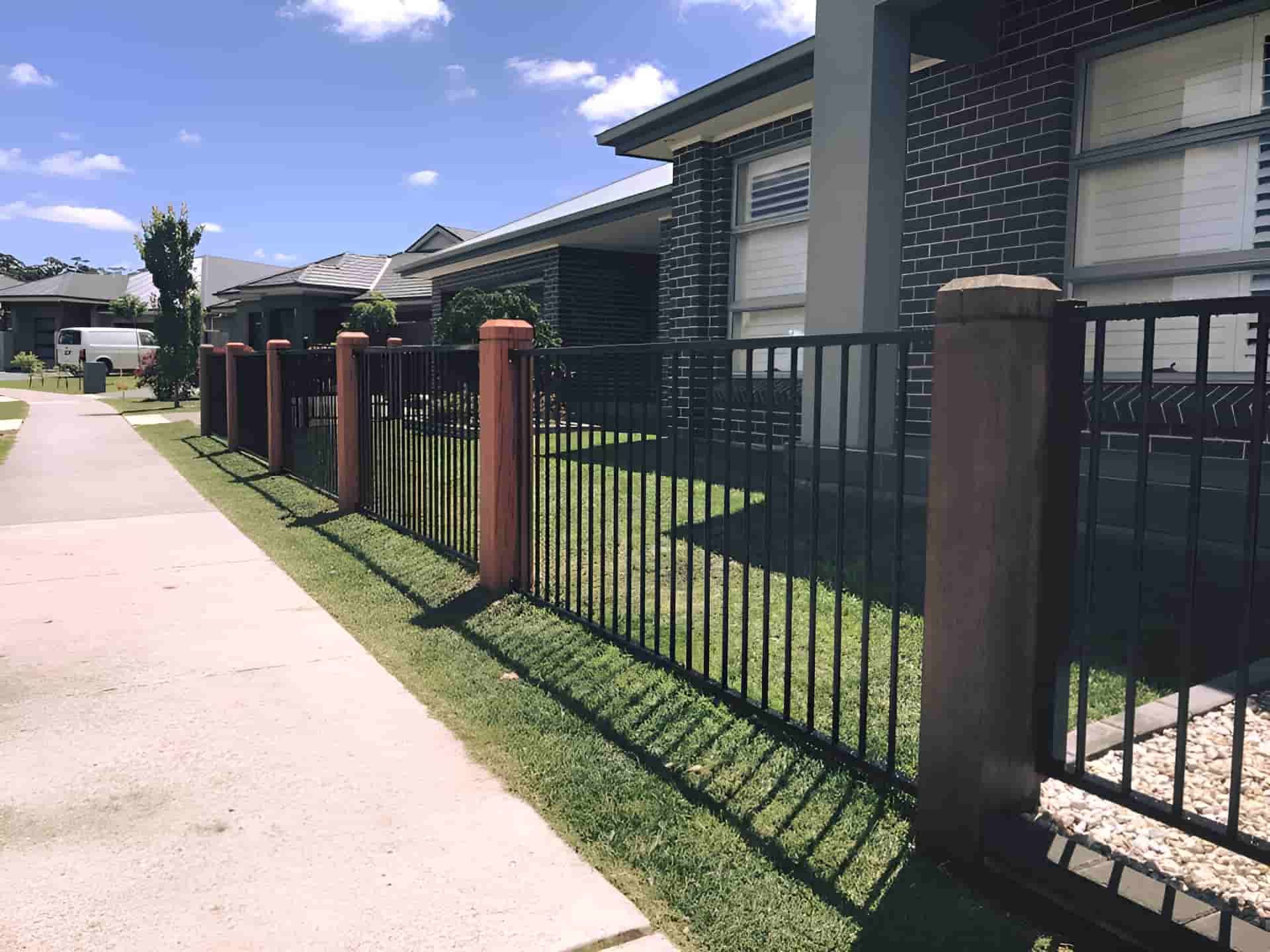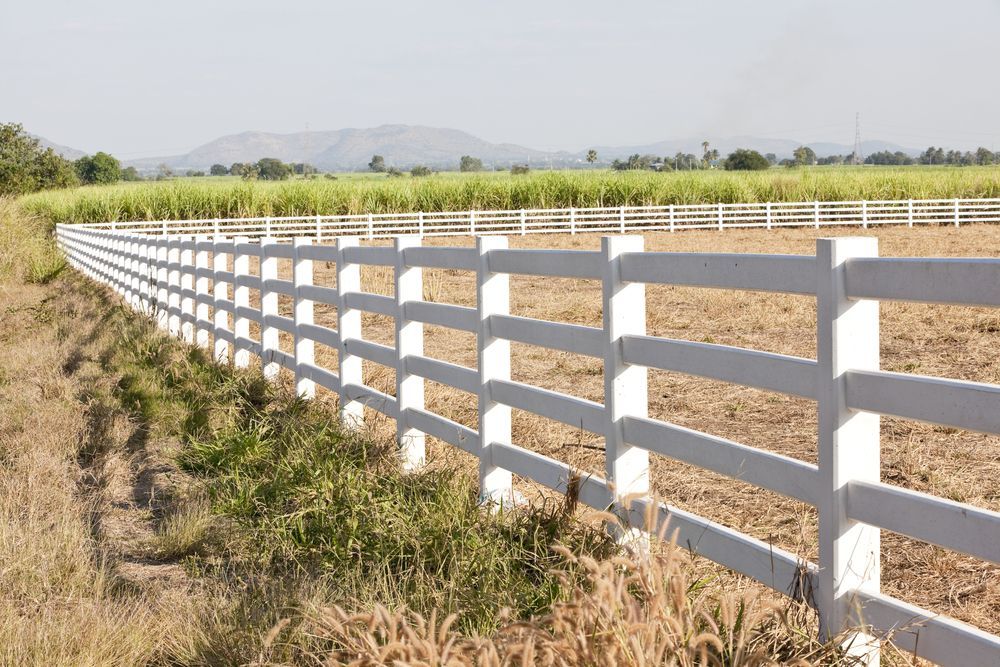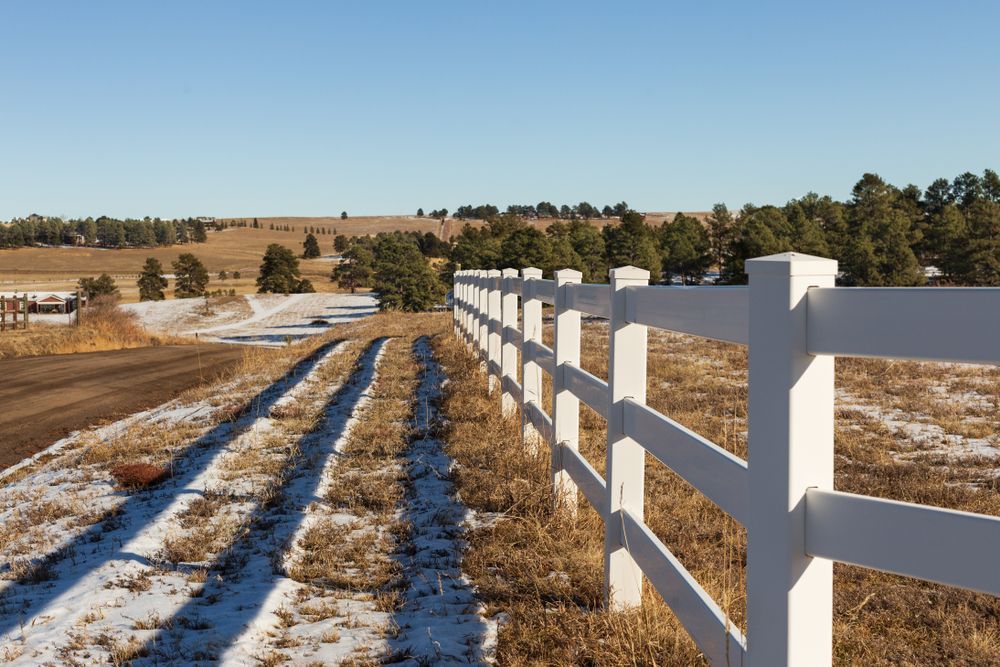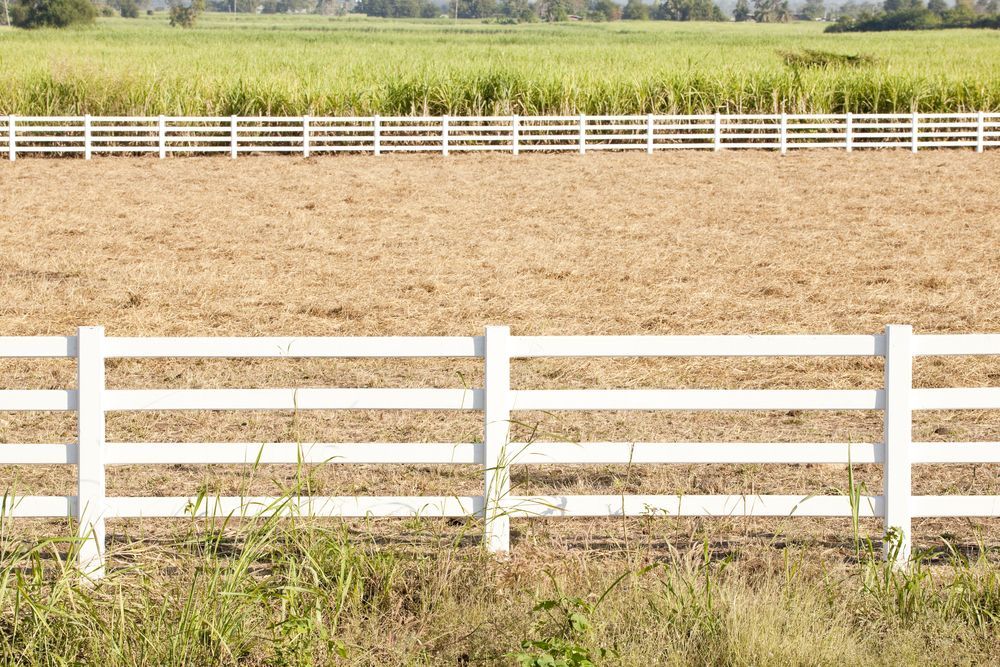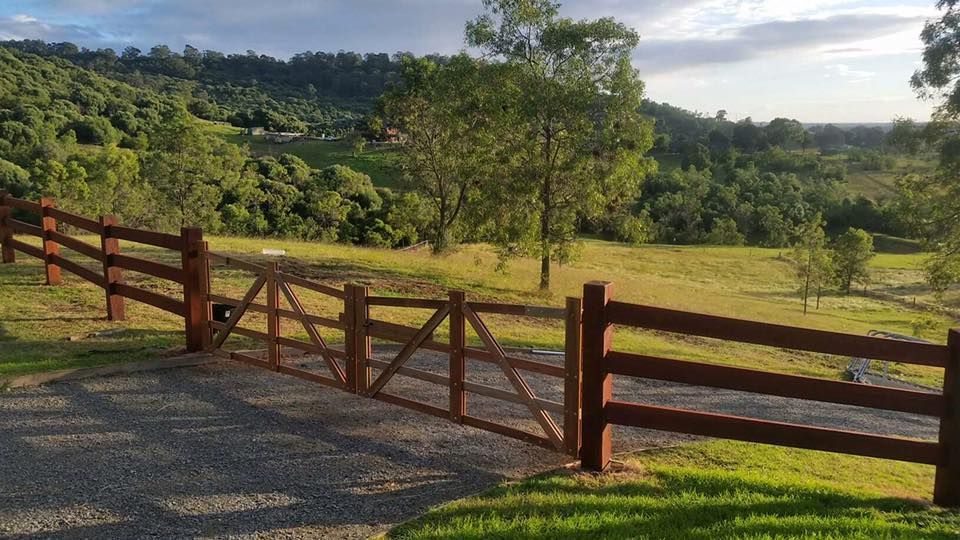A & H FENCES
Farm Fencing in The Southern Highlands
Custom-designed fences, built to match your vision, by award-winning fencing contractors with 20 years' experience in the Southern Highlands.
RURAL PROTECTION
Southern Highlands Farm Fencing
Good fencing isn’t just a boundary—it’s what keeps your stock safe, your paddocks secure, and your farm running smoothly. Whether you're managing livestock, marking property lines, or keeping unwanted visitors out, the right farm fence makes a big difference in both performance and peace of mind. From standard wire and post systems to custom-built timber rail fencing, every setup needs to suit your land and how you use it. At A&H Fences, we believe fences are not a one-size-fits-all. As Southern Highland locals, we understand each client requires their fencing to perform a different purpose.
From separating cattle to increasing property security, the material you require will change. That’s why we take the time to assess your property, understand your goals, and recommend a fencing solution that’s built to last. We’ve worked with landowners across the region for nearly a decade, designing farm fencing that is tough, long-lasting, and built for purpose. No two farms are the same, and we make sure your fencing reflects that—from layout to material choice and installation method. Call 0401 308 512 today to book your free on-site consultation and quote.
Get a Free Quote
Thank you for contacting A&H Fences.
We will get back to you as soon as possible.
Please try again later.
reliable solutions
Built for Tough Conditions
Southern Highlands weather can be unforgiving—wind, rain, sun, and livestock can all put your fencing to the test. That’s why we build fences that are made to last. We commonly use treated timber, steel posts, and quality wire to make sure every stretch stands up to the elements and the day-to-day strain of country life. Whether you're fencing sheep, cattle, horses, or crop areas, we can help you choose the right height, tensioning, and gate access for your property.
We can also work with hilly or uneven ground, tight spaces, or existing fence lines that need upgrading. Our team brings the machinery, manpower, and practical know-how to handle jobs of all sizes—from a few hundred metres to kilometres of boundary fencing. Need a repair or add-on to existing fencing? No worries. Get in touch today to chat about your farm fencing needs or to get your quote started.
Need Help?
Frequently Asked Questions
What is the best type of fencing for farms?
The best type of farm fencing depends on the purpose of the fence and the animals or assets it needs to protect. For livestock such as cattle or sheep, wire fencing, like plain wire, barbed wire, or hinge-joint fencing, is commonly used. Cattle fences often require high-tensile wires and sturdy posts, while sheep fences need tighter mesh to prevent smaller animals from escaping. Horse properties typically use timber post-and-rail or electric fencing for visibility and safety. Electric fencing can also be used as a cost-effective solution for temporary or rotational grazing areas. Each type of fence has its pros and cons, so it’s important to match the design to your specific farming needs and terrain.
How much does rural fencing cost per metre in Australia?
The cost of rural fencing in Australia can vary depending on the materials used, fence type, terrain, and length of the project. On average, plain wire fencing may cost $10–$20 per metre, barbed wire can range from $15–$30 per metre, and timber post-and-rail fencing can exceed $50–$100 per metre. If the land is sloped, rocky, or difficult to access, labour and installation costs may increase. Gates, strainers, and corner posts also add to the total cost. It’s always recommended to get a detailed quote based on your property’s layout and the type of fence you require.
Do I need council approval for farm fencing?
In most rural areas, council approval is not required for standard farm fencing, especially if it’s used for agricultural or boundary purposes. However, there are exceptions, particularly if the property is near heritage-listed sites, waterways, or if the fence exceeds height restrictions. Some councils may also have rules around fencing that borders roads, neighbouring properties, or national parks. If electric fencing is being installed near a public footpath or road, additional safety requirements may apply. It's best to check with your local council to ensure compliance with current regulations in your region.

